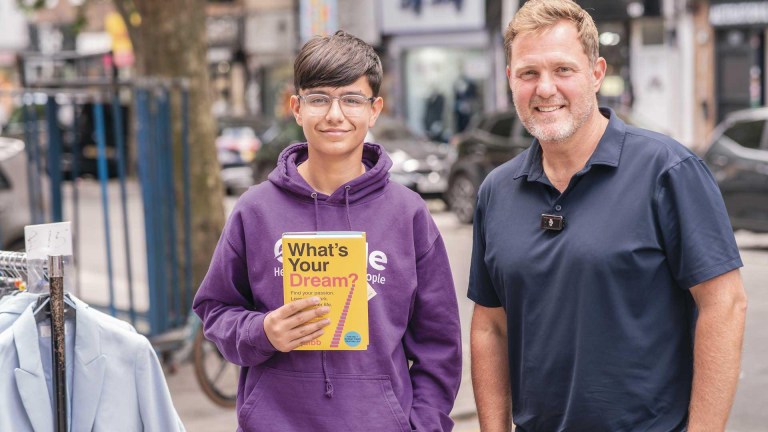Investing in social bonds
What do universities, housing associations, The Big Issue and Columbia Threadneedle Investments have in common? All of these organisations are involved in the world of ‘social impact’ investing, a fast-growing investment sector that aims to invest for good and for profit.
Social impact investing is growing in popularity and is now more than simply a concept amongst investors. It brings together the simple but powerful principles of achieving positive social outcomes such as job creation, while generating a financial return for investors. Profit and principle – it’s a compelling approach.
In 2013, Columbia Threadneedle Investments partnered with Big Issue Invest, the social investment arm of The Big Issue, to launch a socially responsible bond fund. The aim of this fund is to deliver positive social outcomes, bringing much-needed investment to some of the UK’s most deprived regions.
So how does social impact investing work? First, the basics.
Investing 101
Investing is a complicated area but for us as individuals, it essentially comes down to trying to turn the cash we have into a bigger pot of money. This is usually done with an end-goal in mind, such as affording the holiday of a lifetime, buying a home, putting our children through university, savings, or helping us to live comfortably in retirement. Most of us, however, are not particularly skilled at choosing potential investments,
which is why professional investors exist.
Most of us are not particularly skilled at choosing potential investments, which is why professional investors exist
On behalf of their clients, active asset managers like Columbia Threadneedle Investments invest clients’ money in the assets they believe will generate a profit over time. These range from equities (company shares) and bonds (debt issued by companies), to property (offices and warehouses), commodities (gold, oil and wheat) and other more complicated assets. Asset managers aim to provide a return that is better than traditional savings routes, although of course your capital is at risk when investing.










